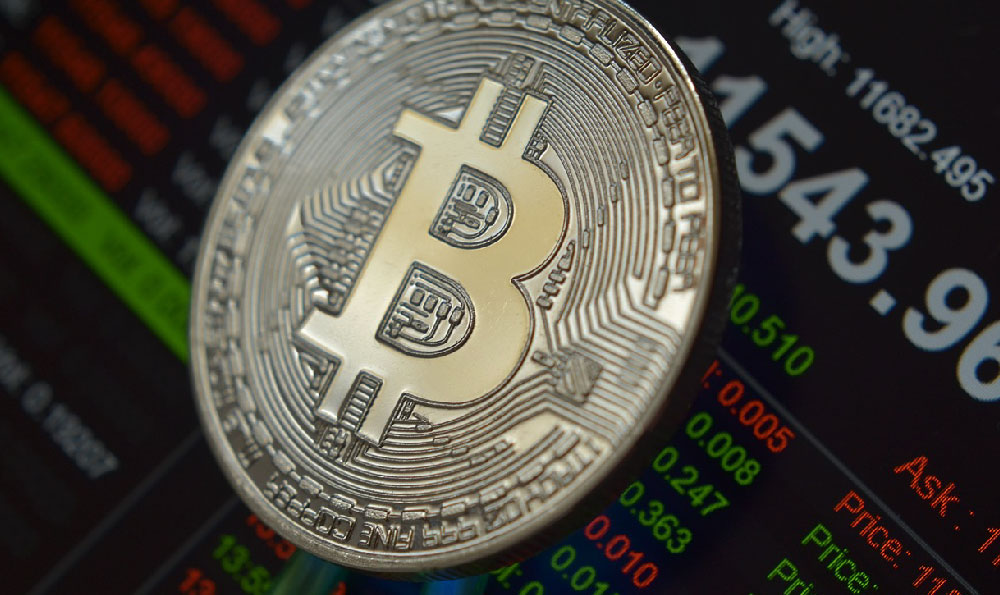The implications of QQLink's link expiration policy, particularly for the cryptocurrency space, are multifaceted and warrant careful consideration. While some might perceive it as a potential boon, others view it as a considerable threat. A balanced assessment requires examining the underlying mechanisms of QQLink, understanding the nuances of cryptocurrency adoption, and anticipating how users and projects might adapt to this change.
QQLink, a prominent Chinese messaging and social media platform, plays a significant role in information dissemination. The expiration of links shared on the platform has the potential to significantly alter how information, including crypto-related content, is accessed and distributed within its user base. The expiration policy aims to combat misinformation, reduce the lifespan of potentially harmful content, and free up server space. However, the unintended consequences, particularly on the crypto community, are noteworthy.
On the one hand, the link expiration policy could inadvertently benefit certain aspects of the cryptocurrency ecosystem. Consider the current landscape of online crypto discussions. QQLink, like other social platforms, is often inundated with outdated information, outdated ICO links, and potentially fraudulent schemes that linger long after their relevance or legitimacy has faded. The expiration policy could act as a natural filter, removing these stale and potentially harmful remnants. This could lead to a cleaner, more curated information environment, forcing users to rely on more up-to-date and reliable sources. Furthermore, it could incentivize content creators to consistently update their materials, ensuring that users always have access to the most current information regarding projects, technologies, and market trends. This constant refresh could inadvertently boost engagement and awareness around legitimate and actively developing crypto initiatives.

Moreover, the policy could indirectly promote decentralization of information. If links on a centralized platform like QQLink are inherently ephemeral, users might be motivated to seek out alternative, more permanent storage and dissemination methods. This could drive adoption of decentralized file storage solutions, blockchain-based social media platforms, or other channels where information is not subject to centralized control and arbitrary expiration policies. The need for censorship-resistant and persistent information sharing is a core tenet of the crypto ethos, and QQLink's policy might unintentionally accelerate the migration towards such solutions. This shift, while challenging in the short term, could ultimately strengthen the resilience and decentralization of the crypto information ecosystem.
However, it's crucial to acknowledge the significant threats posed by QQLink's link expiration policy. The crypto space, especially in regions where access to information is already restricted, relies heavily on online communities and shared resources. QQLink, for many, serves as a vital hub for accessing news, research, and educational materials related to cryptocurrencies. The expiration of links could severely disrupt this flow of information, making it more difficult for newcomers to learn about crypto and for experienced users to stay informed about market developments. This could hinder the broader adoption of cryptocurrencies, particularly in areas where QQLink is a primary communication platform.
Furthermore, the policy creates a significant barrier to accessing historical data and research. Crypto markets are notoriously volatile, and understanding past trends and events is crucial for making informed investment decisions. If links to previous market analyses, project reports, or regulatory updates expire after a certain period, it becomes significantly harder to conduct comprehensive research and learn from past mistakes. This could lead to increased risk and uncertainty for investors, potentially discouraging participation in the crypto market.
The expiration policy also poses a challenge to the development and maintenance of open-source projects. Many crypto projects rely on shared documentation, tutorials, and community support forums. If links to these resources expire, it can disrupt the development process and make it harder for developers to collaborate and contribute to open-source projects. This could stifle innovation and slow down the overall growth of the crypto ecosystem.
In response to this policy, the crypto community might adopt several strategies. One potential solution is the creation of dedicated crypto information portals and archives, where important documents and resources are stored permanently and made accessible through decentralized means. Another approach is to encourage the use of alternative messaging platforms that do not have similar link expiration policies. This could involve migrating to decentralized social media platforms, encrypted messaging apps, or even establishing dedicated online communities outside of traditional social media channels.
Ultimately, whether QQLink's link expiration policy benefits or threatens the crypto space depends on how the community adapts and responds to this change. By embracing decentralized solutions, prioritizing persistent information storage, and fostering stronger community engagement, the crypto ecosystem can mitigate the risks posed by this policy and potentially emerge stronger and more resilient. The key is to proactively address the challenges and turn them into opportunities for innovation and decentralization.












